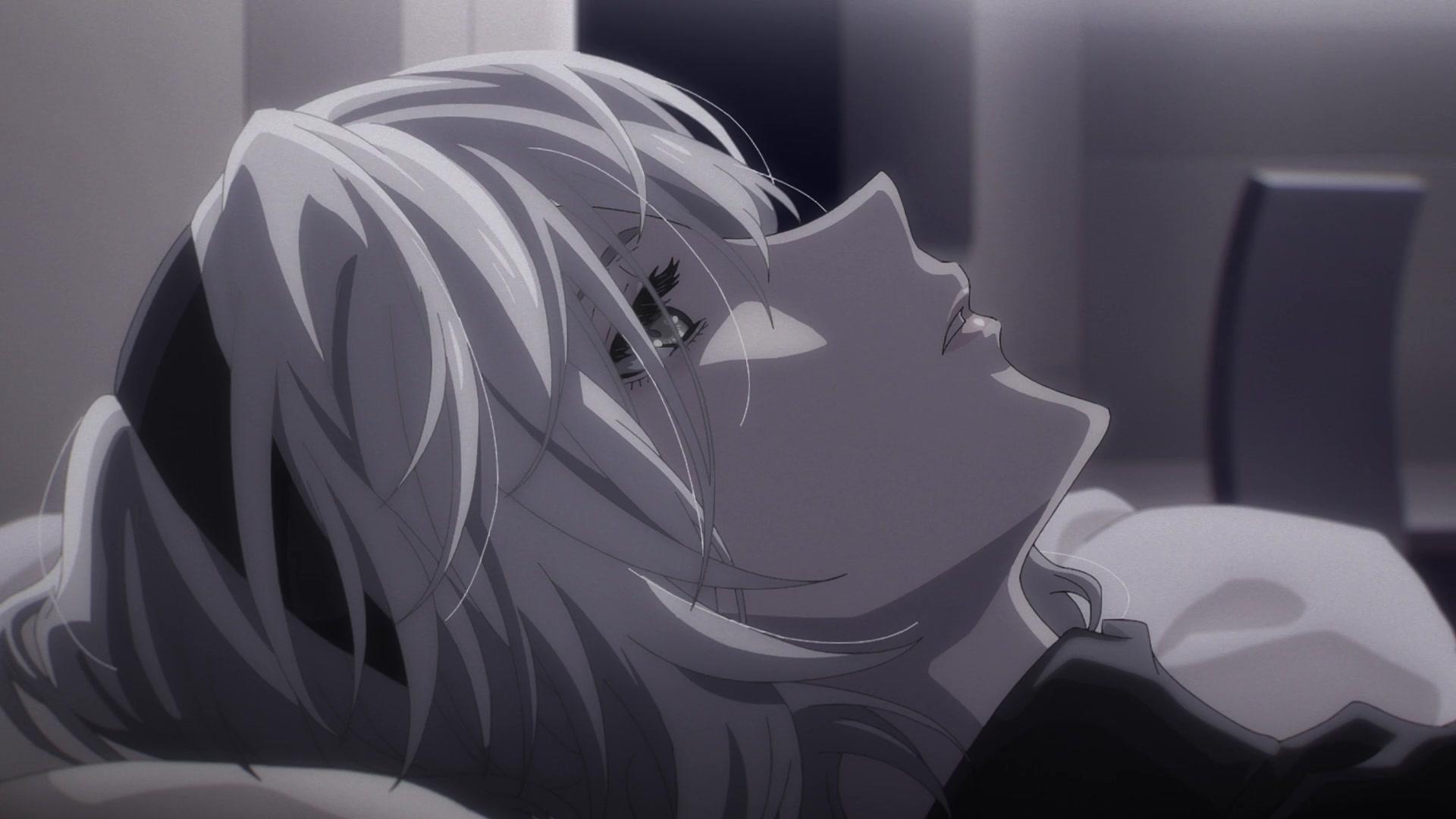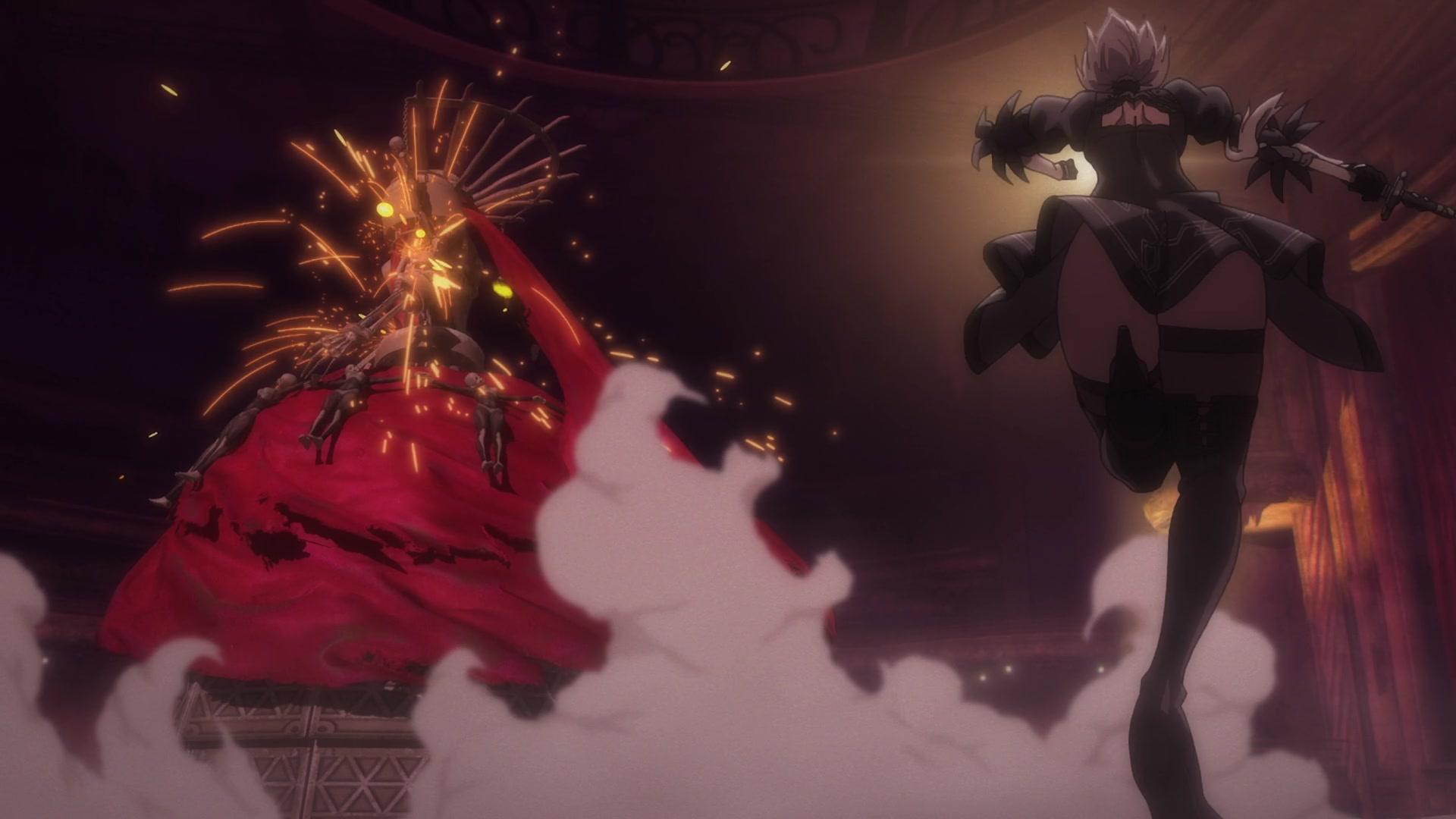Robot Take Over!
In a world where humans are no longer present and androids carry out the remnants of a forgotten war, NieR:Automata Ver1.1a paints a haunting picture of what it means to exist. It’s not just another post-apocalyptic story with sleek robots and epic battles. Beneath the action and futuristic design lies a deeply unsettling truth: when the creators are gone, what becomes of the creation?
This anime doesn’t shout its themes—it whispers them through silences, repeated questions, and strange, beautiful contradictions. And at the heart of it all is a question we rarely ask out loud: What does it truly mean to be alive?

When Machines Start to Question
At the beginning, everything seems straightforward. Androids fight for the glory of humanity, battling an endless war against machines. But almost immediately, cracks begin to show. The machines they fight—once thought to be mindless—start showing unexpected behavior. They mimic, they gather, they imitate human rituals. They even form families.
And then there are the androids themselves. Though built to serve and obey, they begin to reflect. Characters like 9S question the purpose of their missions, while 2B, who’s trained to suppress emotion, begins to feel the weight of her decisions. It’s subtle, but it’s there—an ache, a pause, a glance that says more than words.
The more they encounter, the more they start to wonder: Why are we doing this? Who are we fighting for? These aren’t just questions about war—they’re questions about identity.
The Absence of Humanity, and the Echo It Leaves
What makes NieR:Automata Ver1.1a so powerful is the revelation that humanity may no longer exist at all. The Council of Humanity, the very authority the androids are sworn to protect, is nothing but a fabrication. A myth used to keep the system in place.
And yet, even in their absence, humans leave behind a legacy of confusion and longing. Androids still follow their commands. Machines mimic their behavior. It’s as if both sides are trying to understand something long gone—grasping for the idea of “humanity” without knowing what it truly was.
This absence becomes a character in itself. The world feels hollow, but not empty. It feels haunted, not by ghosts, but by the ideas that humans left behind. Love. Freedom. Grief. All these things linger, but no one remembers where they came from.

Existence Without Purpose
Stripped of their creators and surrounded by endless war, the androids in Ver1.1a aren’t just surviving—they’re searching. They don’t know what for, but they feel the absence. Their missions continue, but meaning begins to fade. Some find comfort in routine, others fall apart. The cracks widen, and suddenly, logic isn’t enough anymore.
The brilliance of NieR:Automata lies in how it mirrors our own struggles. Most of us aren’t programmed, but we do follow scripts—go to work, play our roles, chase success. But when those external goals disappear or shift, we too are left asking: Then what?
Through its androids and machines, the anime quietly holds a mirror to us. It doesn’t provide answers, and it doesn’t need to. Because sometimes, the most human thing of all is the act of asking.



